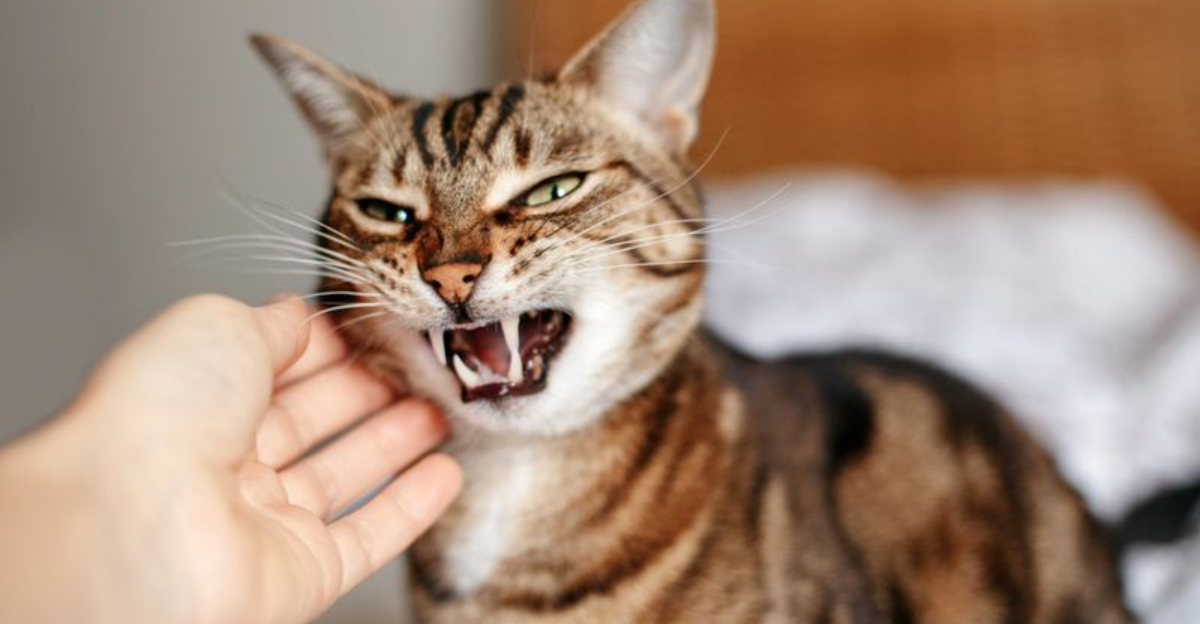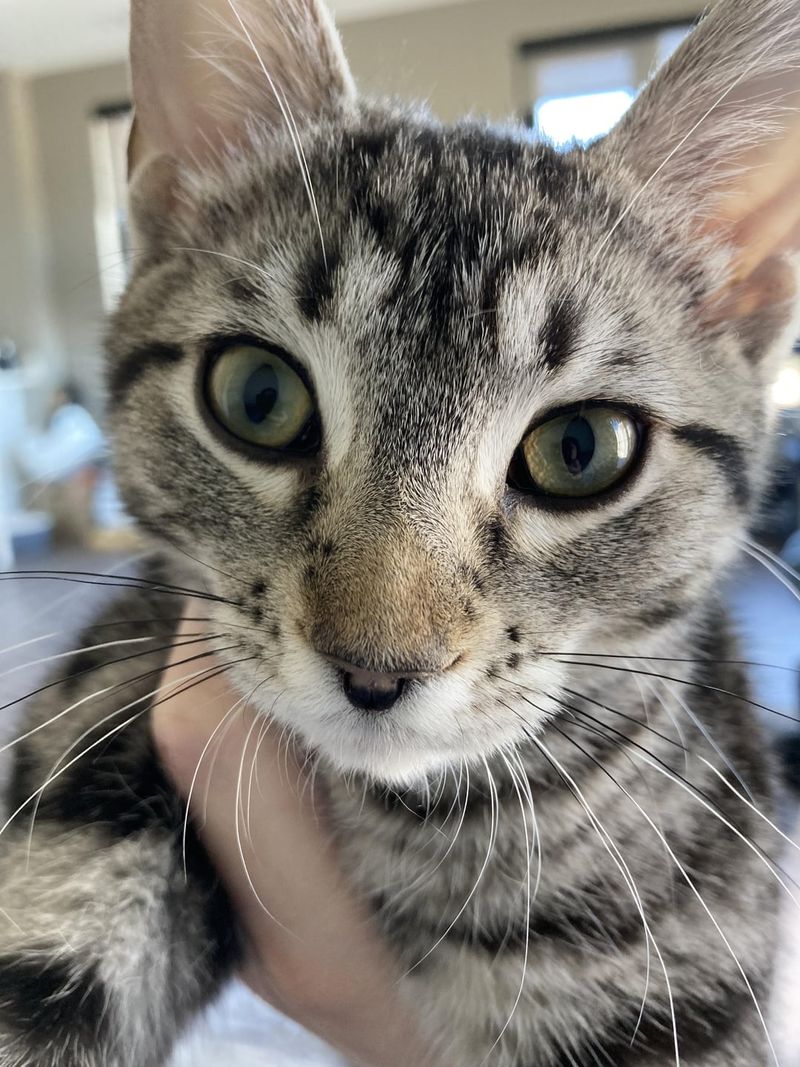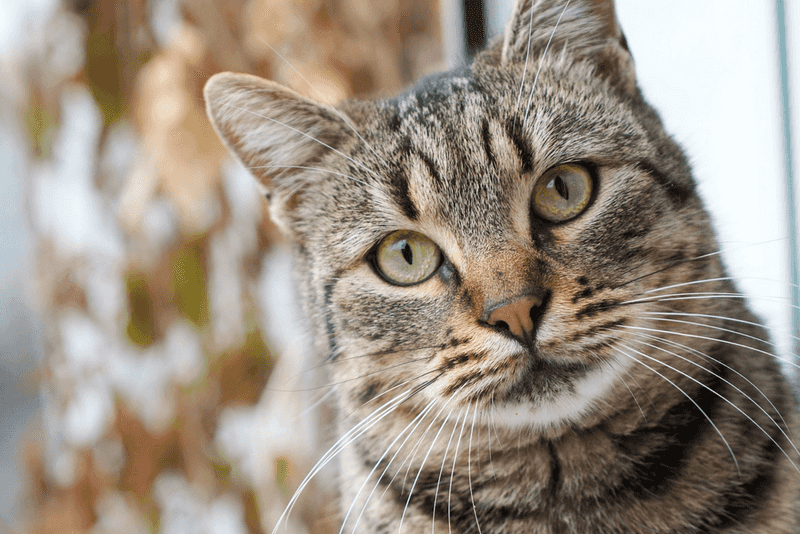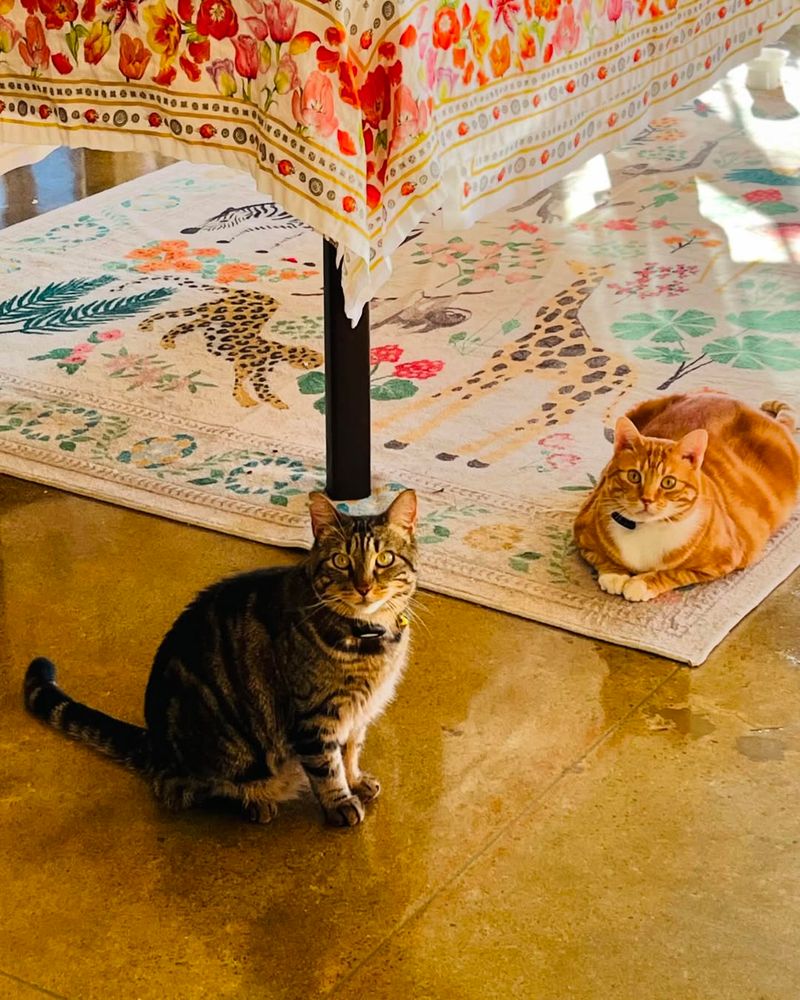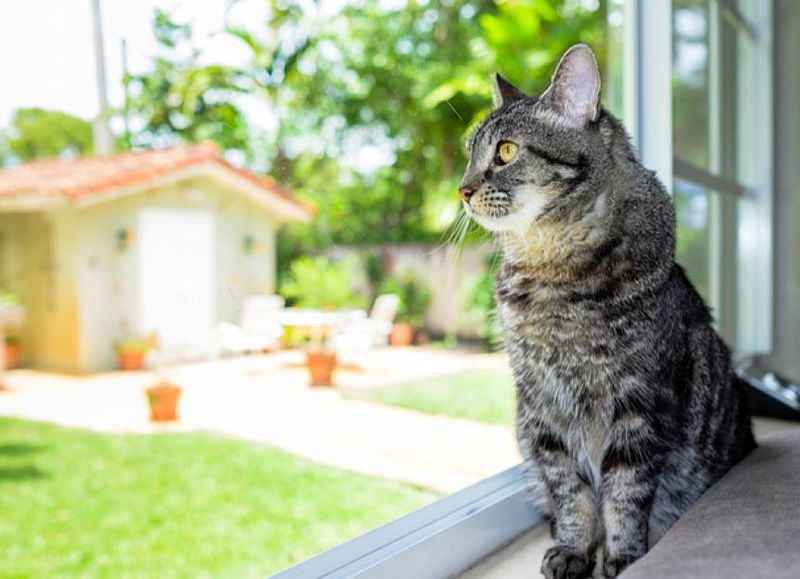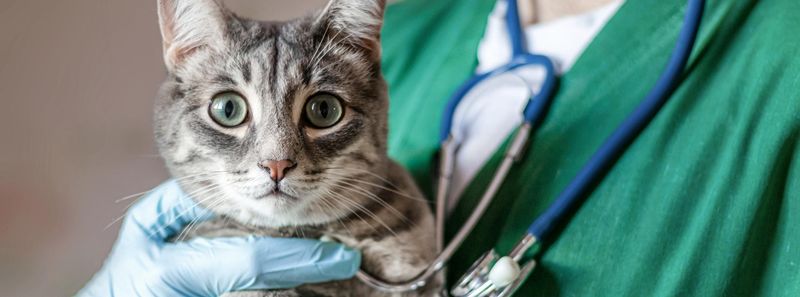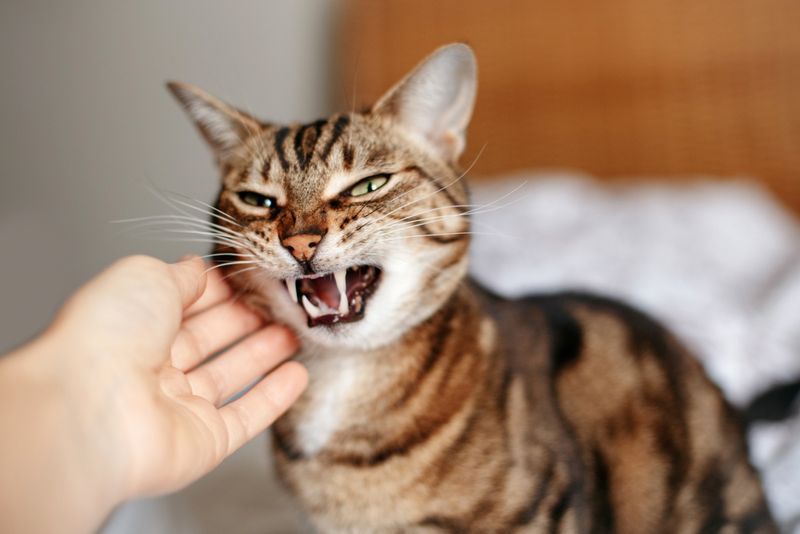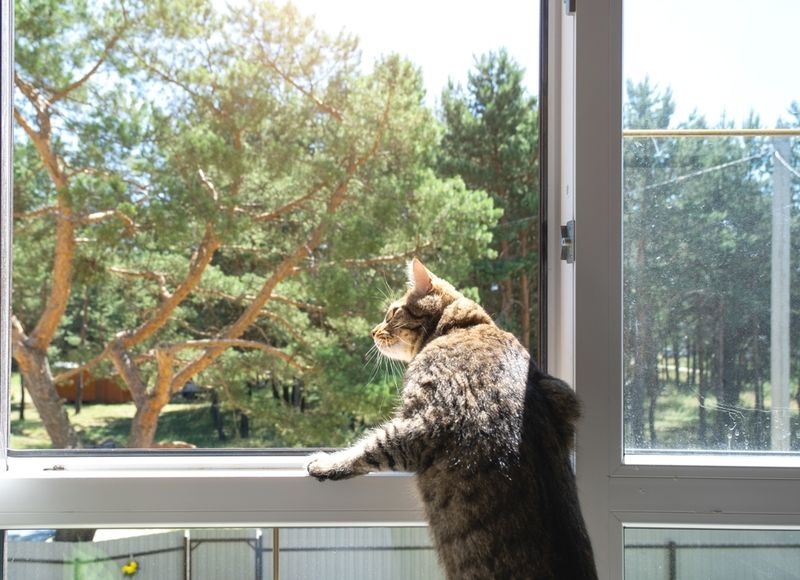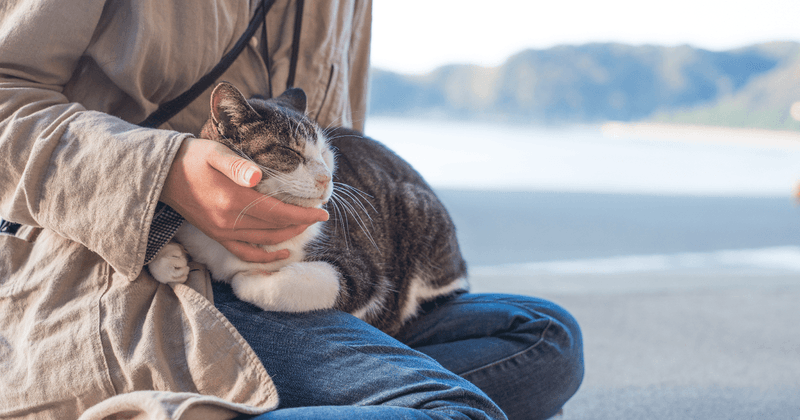📖 Table of Content:
Have you ever felt like your tabby cat is trying to hold a full-on conversation with you? Whether it’s a morning wake-up call or a running commentary on your every move, tabby cats can be surprisingly vocal. While their meows might seem random or excessive at times, there’s usually a clear reason behind all that chatter.
Cats use vocalization as a form of communication, both with humans and other animals. When your tabby meows, chirps, or trills, it’s often trying to express a need, feeling, or reaction to its environment. Understanding the context of your cat’s vocal behavior can help you better respond to its needs — and maybe even strengthen your bond.
In this article, we’ll explore eight common explanations for your tabby’s talkative nature. From medical concerns to breed traits and behavioral patterns, each cause reveals more about your feline companion. If you’ve been wondering what’s behind all those meows, read on — your cat might just be telling you something important.
1. Breed Tendencies
Some cats are simply born to be talkers. Tabby cats aren’t a breed themselves, but the pattern is common in various breeds known for being vocal, such as the Siamese or the Oriental Shorthair. If your cat inherited genes from one of these breeds, it may have a naturally expressive personality. Instead of a quiet presence, you’ve got a feline with a flair for conversation. Recognizing this can help you embrace your cat’s natural voice rather than trying to silence it. Just like some dogs bark more than others, some cats meow because it’s in their DNA. If your tabby’s chatter has always been part of its personality, it might just be showing its breed heritage.
2. Seeking Attention
When your tabby cat wants something, chances are it’ll let you know — loudly. Meowing often becomes a learned behavior when cats figure out that vocalizing brings attention. Whether it’s a head scratch, a refill on food, or just a simple hello, your cat may be meowing to get a reaction from you. Over time, this interaction can become a habit, especially if you’ve reinforced it (even unintentionally) by responding. Ignoring excessive meows or redirecting them with toys or scheduled play can help manage attention-seeking behavior. While it may seem needy, it’s often just a sign that your tabby enjoys your company. In many cases, their meows are the feline equivalent of saying “Hey, don’t forget about me!”
3. Expressing Hunger
Nothing gets a cat meowing quite like an empty food bowl. Your tabby likely has a finely tuned internal clock and will start vocalizing when mealtime approaches — or when they think it should. These hunger-driven meows are often more insistent and come with behaviors like rubbing against your legs or sitting by their feeding station. Sometimes, cats use this tactic even when food isn’t due, especially if it’s worked in the past. Be cautious not to give in too often, as this can lead to overeating or picky eating habits. Scheduling regular meals can reduce the meowing and create a predictable routine. In the feline world, food equals love, and they’re not shy about asking for it.
4. Loneliness or Boredom
Believe it or not, your cat can get lonely — especially if they’re left alone during the day. A bored tabby might fill the silence with vocalization as a way to self-soothe or express frustration. This kind of meowing can sound more mournful or persistent, especially in otherwise quiet moments. Providing engaging toys, window perches, or even adopting another pet for company can help reduce this behavior. Cats crave stimulation, and vocalizing is often their way of saying they need more from their environment. You may also notice this behavior when you return home, as your cat might be eager to reconnect. Meowing, in this context, becomes part of their social routine.
5. Medical Issues
Occasionally, excessive meowing isn’t just a quirk — it’s a cry for help. Conditions like hyperthyroidism, pain, or cognitive decline in older cats can cause increased vocalization. If your tabby suddenly becomes more vocal without an obvious reason, it’s important to rule out medical concerns. This type of meowing may occur at odd hours or seem out of character for your usually quiet pet. Watch for other signs like changes in appetite, weight loss, or behavior shifts. A vet checkup can bring peace of mind and ensure your furry friend gets the care they need. Never overlook sudden changes in behavior, especially when they involve communication.
6. Stress or Anxiety
Major changes in your cat’s environment can spark stress-induced vocalization. Moving to a new home, introducing a new pet, or even rearranging furniture can throw off your tabby’s sense of security. When cats feel unsettled, they often meow more to express discomfort or seek reassurance. These meows may sound different — longer, lower-pitched, or even more frantic than usual. Creating a calm, predictable routine and offering safe spaces can help ease anxiety. Some cats also benefit from calming diffusers or pheromone sprays. Paying attention to these cues can help you comfort your tabby and restore their peace of mind.
7. Territorial Behavior
Other animals — especially those outside your windows — can trigger your cat’s need to defend its turf. Your tabby may hiss, growl, or meow aggressively when spotting a rival through the glass. Even indoor cats have a strong sense of territory, and vocalizing is one way to assert control over their space. This can happen more often at night or during times when wildlife is more active. Blocking the view or using deterrents can help reduce these outbursts. Neutering or spaying can also lower territorial instincts in many cases. Your chatty tabby might just be saying “This is my house!”
8. Just Being Social
Some cats are just naturally expressive and enjoy chatting with their humans. Your tabby might meow to greet you, respond to your voice, or comment on whatever you’re doing. These vocalizations are often light, varied, and conversational in tone. This behavior is a sign of a confident, connected cat who sees you as a trusted companion. Encouraging this back-and-forth can strengthen your bond and make your tabby feel heard. Think of it as feline small talk — harmless, charming, and part of their unique personality. When your cat meows like this, it may simply be sharing its day with you.
